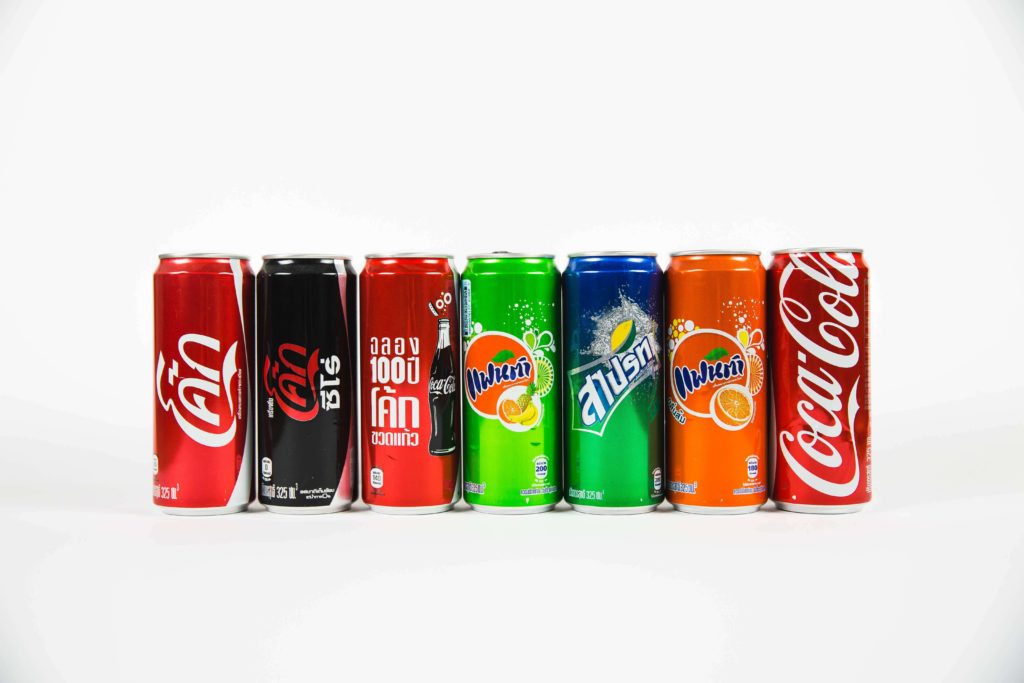
It’s Monday morning at Spar Cork Road in Skibbereen and apart from the usual clean up from the weekend I’m straight into sorting out the soft drink fridge for restocking and to organise the order for the week ahead. (Yes I also do a bit of part time work which I really enjoy).
As I shift through the different brands the usual suspects like Coca Cola, Lucozade, Pepsi and Monster along with other familiar brands are at the top of the list for sales, and yet again I find myself ordering larger quantities of these compared to other soft drinks that available.
What amazes me is this on-going argument about soft drinks and how bad they are for us when consumed, but yet the majority of consumers just carry on buying these drinks without a care in the world of damage to their health. Even a sugar Tax in Ireland really doesn’t discourage people from choosing the soft drink they want.
In my household we do not let our kids have sugary soft drinks and especially Coca Cola, but as any child will push the boundaries they will ask for that dark black drink over and over again, Coca Cola. For myself I love whiskey and Coke, but would never drink whiskey neat always adding a mixer, but then am I throwing out all my reasoning out the window.
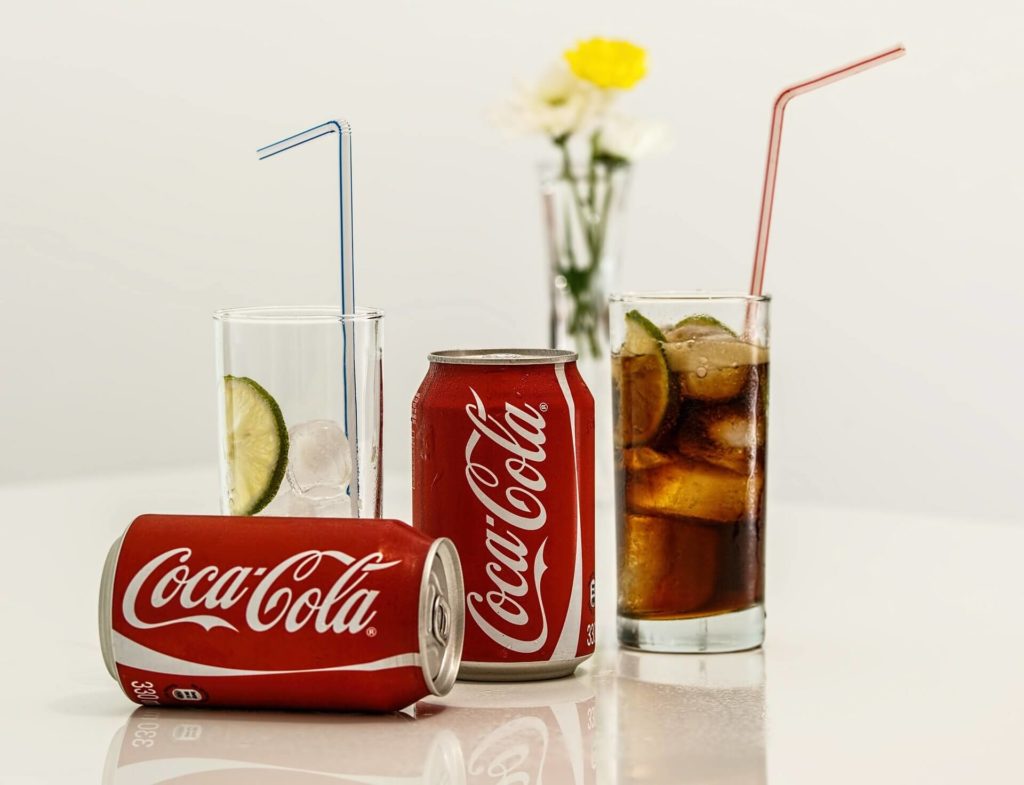
So what is really going on here? Is it addiction to sugar which is leading to health issues in Ireland and around the world or should this not be on the top of our list as a worrying factor and concern ourselves with other issues with our health or in our lives.
Top 10 Food & Drink Brands In Ireland 2020
With a lot of information out there I have decided to keep it to the Irish market and I can say that I was quite surprised that 2020 Checkout Magazine published the top 10 food brands in Ireland which consisted of 3 soft drinks.
The Top 10 Brands for 2020:
1/ Coca-Cola 2/ Cadbury Dairy Milk 3/ Tayto 4/Lucozade
5/ Brennen’s 6/ Avonmore 7/ 7UP 8/ Jacobs
9/ Extra 10/ Red Bull
What Are Soft Drinks?
Soft drinks are called soft drinks for the reason to distinguish the flavoured drinks from hard liquor, or distilled spirits. Soft drinks were recommended as a substitute in the effort to change the hard-drinking habits of early Americans where the word soft drink originated from. It’s quite ironic as alcohol has brought its own problems over the years in Ireland and now our sights are set on sugary soft drinks that seem to be causing as much problems as alcohol does.
The cause of the up roar in Ireland and the UK is obesity with soft drinks.
Should We Stay Away From Sugary Drinks, Period
A recent study published in the journal Circulation followed over 118,000 men and women for 30 years and concluded that each daily 12-ounce serving of a sugar-sweetened beverage
Including soft drinks, raised the risk of death by 7 percent, including a 5 percent increased risk for cancer death, and a 10 percent increased risk for death from cardiovascular disease.
“Sugary drinks lead to weight gain, and anything that leads to weight gain increases risk of conditions such as heart disease, type 2 diabetes and even certain cancers,”
There are also other ingredients that may come into play. Soft drinks are made up of carbonated water, and there is some preliminary research that suggests carbonated water may increase levels of the hunger hormone ghrelin, thereby making one hungrier, and that may lead to weight gain, a spokesperson for the Academy of Nutrition and Dietetics .
So basically we know now that added sugars can cause inflammation in bodies, and we already have a high sugar diet to begin with.
One can of Coca-Cola, for example, contains 39 grams of added sugar, well above the Heart Association’s maximum recommendations of 25 grams for women and 36 for men.
Limiting Diet Soft Drink’s
When I started seeing diet drinks in the 1980’s I always thought straight away that oh these must be better for you especially when eating out at one of the fast-food chains that seemed to jump all over the new diet drinks. Little did I know that these diet drinks hold their own demons for human consumption?
What surprises me is the chemicals, including the artificial sweeteners, found in diet soft drinks. Aspartame, found in drinks like Diet Coke, has in the past been linked to cancers such as lymphoma and leukaemia in lab animals. Another reason may be that diet sodas, instead of satisfying our sweet tooth, leave us craving for even more. They are 300 to 500 times sweeter than sugar, increasing our desire for more and more sweet foods or beverages. We would never add 300 sugar cubes to our cup of tea or coffee.
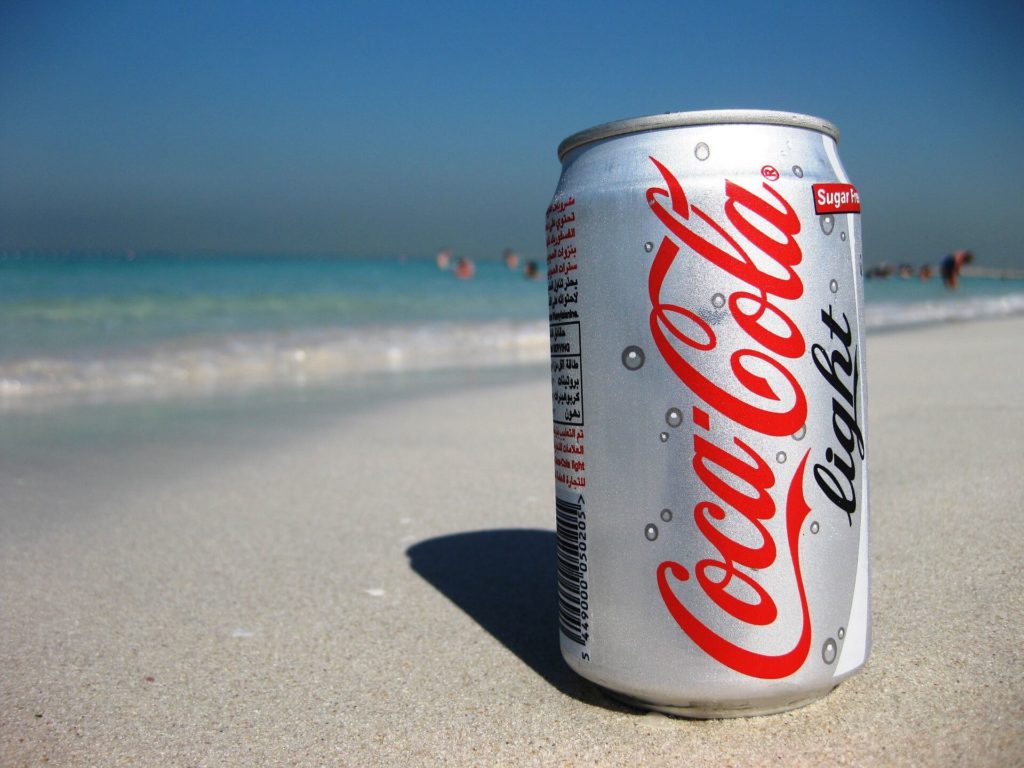
H20, Low Fat, Fat Free Drinks
Water, along with low-fat or fat-free milk and unsweetened coffee and tea, are still the best ways to get your fluids. You can replace your soft drinks with infused water. Simply drop fruit like berries, cherries or peaches into your water. (For best results, use frozen fruit, since the flavour will intensify as the fruits thaw.) If you really crave a carbonated beverage, opt for sparkling water. If you opt for a flavoured version, choose a brand sweetened with natural fruit rather than regular or artificial sweeteners.
The Market Change and Trends for Low-Calorie, Low-Sugar and Low-Alcohol Drinks.
It’s not all doom and gloom with the soft drink industry with manufactures looking for new, more natural sweeteners as well as looking at new vegetable and organic drinks. They are also developing new smaller formats (to decrease the amount of sugar/calories per unit)
0 colourants, no preservatives, -40% less sugar and new tea/coffee flavoured premade waters and beverages, are undoubtedly what the market is currently demanding and will be an ongoing trend going forward.
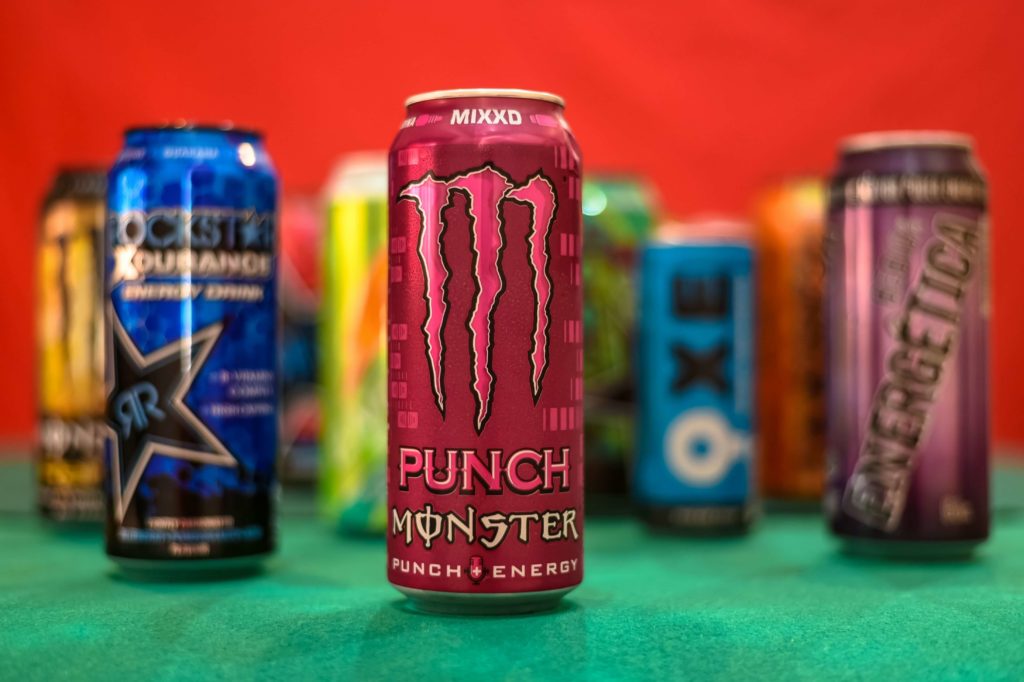
My Conclusion
So there we have it in a bomb shell. Day after day we indulge in these drinks and for me it’s pretty obvious we could do without them and is creating health issues across the world. But nevertheless the trend has changed for heather soft drinks, and manufactures are changing their outlooks to produce heathier soft drinks, I feel that high sugary soft drinks will always be part of our society as they have always been.
Even though all knowledge, warnings, articles, nutritionists etc. discourages us from staying away from soft drinks, ultimately it is up to us the consumer to make that choice for ourselves.
If you would like to get in touch with Matthew follow the links below.
https://www.facebook.com/thekiwiculchie
www.facebook.com/matthew.brownie.77
